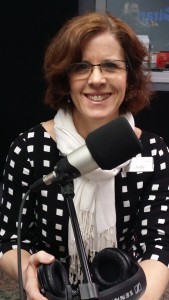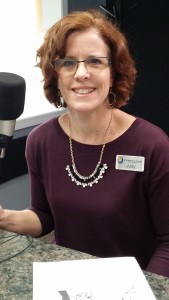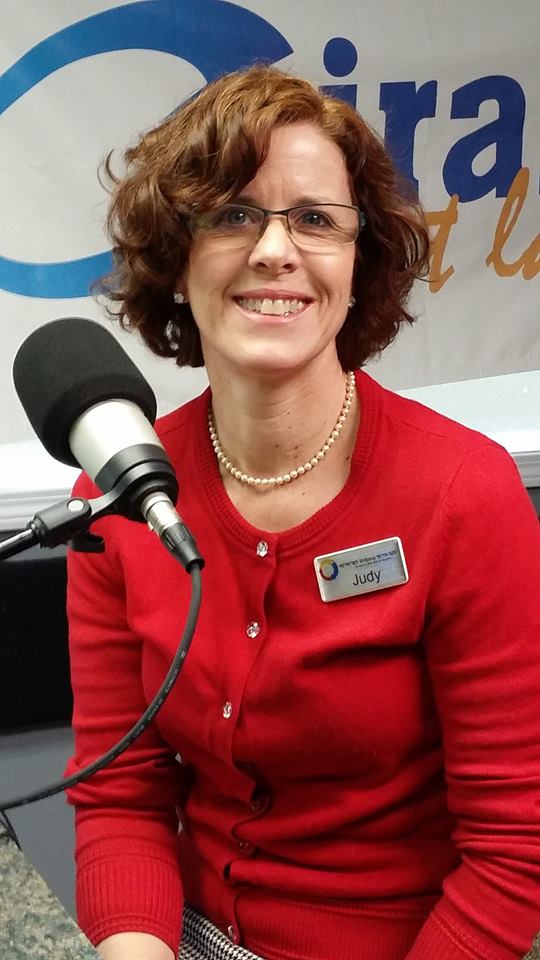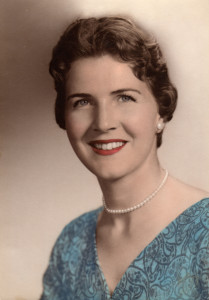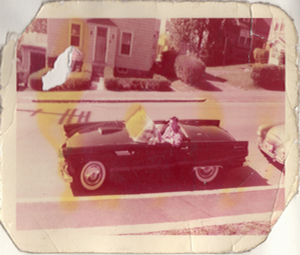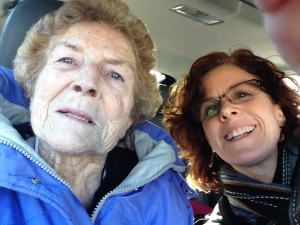 When my sisters and I were young my parents did what most parents do. They helped pick out clothes for the day, sometimes insisting on a particular dress because we always dressed up for church and because my father was not a big fan of dungarees (old fashioned word for jeans). Mom and dad made dinner and drew our bath at the end of the day. They tucked us in and read to us. And if we were struggling to fall asleep they came back up, rubbed our backs or, finally, told us to cut it out and go to sleep.
When my sisters and I were young my parents did what most parents do. They helped pick out clothes for the day, sometimes insisting on a particular dress because we always dressed up for church and because my father was not a big fan of dungarees (old fashioned word for jeans). Mom and dad made dinner and drew our bath at the end of the day. They tucked us in and read to us. And if we were struggling to fall asleep they came back up, rubbed our backs or, finally, told us to cut it out and go to sleep.
At some point we moved out, got married, and took on the role of parent. As our children went through their various stages we gained a much deeper understanding of the challenges of parenting. The joys, sorrows, and the hours of caregiving. Sometimes, and I like to think that this was true more often than not, we carried out our parenting responsibilities with grace and mixed it all in with fun, teachable moments and sage advice. Putting our children to bed, tucking them in, glad for the day the Lord has given.
If this sounds too good to be true I am sure it is because my children are grown, all but one out of the house and the last about to graduate and move on also, and because my mother always says that you only remember the good times. Which is a particularly good way to live.
And then in middle age we meet a new stage-a caregiving stage that we all too often will take us by surprise. Because we approach parenthood with anticipation and in full acknowledgment of the coming responsibility, we imagine it, we gather advice about it, we read about it and we pray about it.
Caring for an aging parent or other family member will frequently bring us face to face with circumstances that we did not envision until the moment we are confronted by the need. Our parents did not envision being needy so we did not envision being needed.
But we are needed and we take on the role of family caregiver. The challenge can be in keeping time with your parent meaningful and not getting lost in the day to day needs of Activities of Daily Living and Instrumental Activities of Daily Living. ADLs and IADLs include bathing, dressing, toileting, eating, shopping, cooking and paying the bills.
These activities can eat up every moment of a day and leave you feeling spent. But, as when raising a child, keeping these times together meaningful is key. If you have to assist with dressing see if you can put on some good oldies and dance a bit. “I’m Looking Over a Four Leaf Clover” could be inspiration for a few good dance moves, if not a couple of shoulder rolls and foot taps.
Put a crossword puzzle book in the bathroom and fill in one or two blanks while supervising. Or use a toilet joke book as a way to share a laugh. The comics in the newspaper are worth a quick read on a quick trip to the john.
Toss the laundry on the couch and fold it together while watching Jeopardy and Family Feud. Both shows have been on forever. The only thing better would be Let’s Make a Deal.
Make dinner together. Together can mean anything from choosing the menu (even macaroni and cheese or spaghetti with butter and peas is choice making and if no one likes it you each can blame the other) to truly cooking together. Old family favorite recipes are easier than ever to find on the internet and a tuna casserole or American Chop Suey is good on a winter night.
If your parent was kind and loving and good to you this is an opportunity to give back. If they were difficult and angry and critical, this is a time to be the person you always wished they would be. And through it all, recognize what your limits are. These ideas are for the best of days but we all know that there will be days where energy runs short. You have to take care of yourself so that you have the long future of which you have dreamed. Get help with the ADLs and IADLs as you can so that you are refreshed and recharged for the demands on your time.
Life comes full circle. As a family caregiver you are given a new chance to be kind, loving and caring and to change the future of someone you love. You won’t regret the time you give especially if you focus on the meaningful, unique moments and not just the task at hand.


